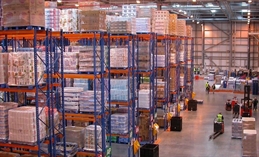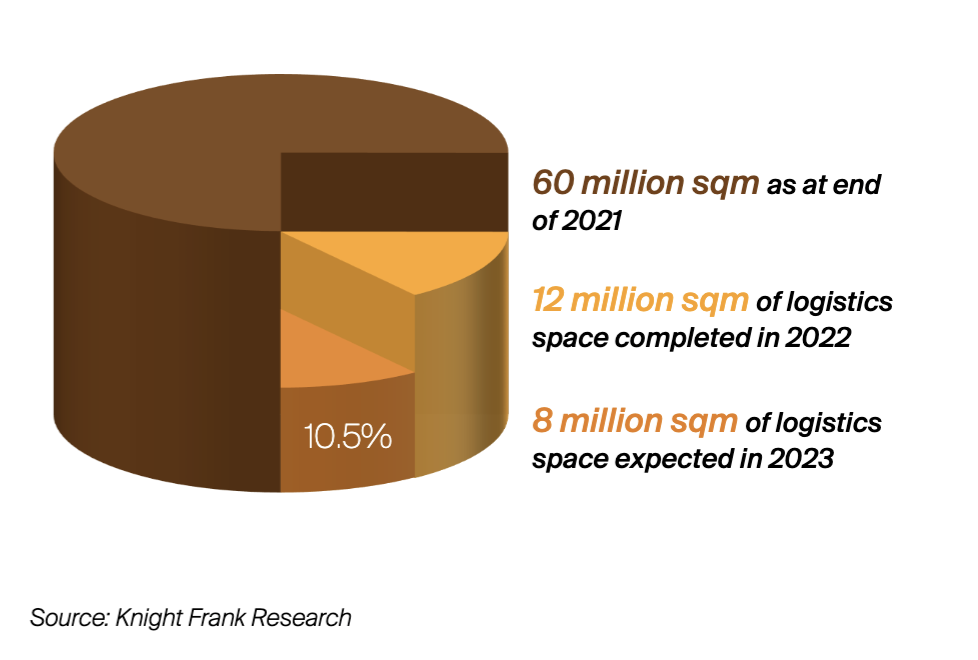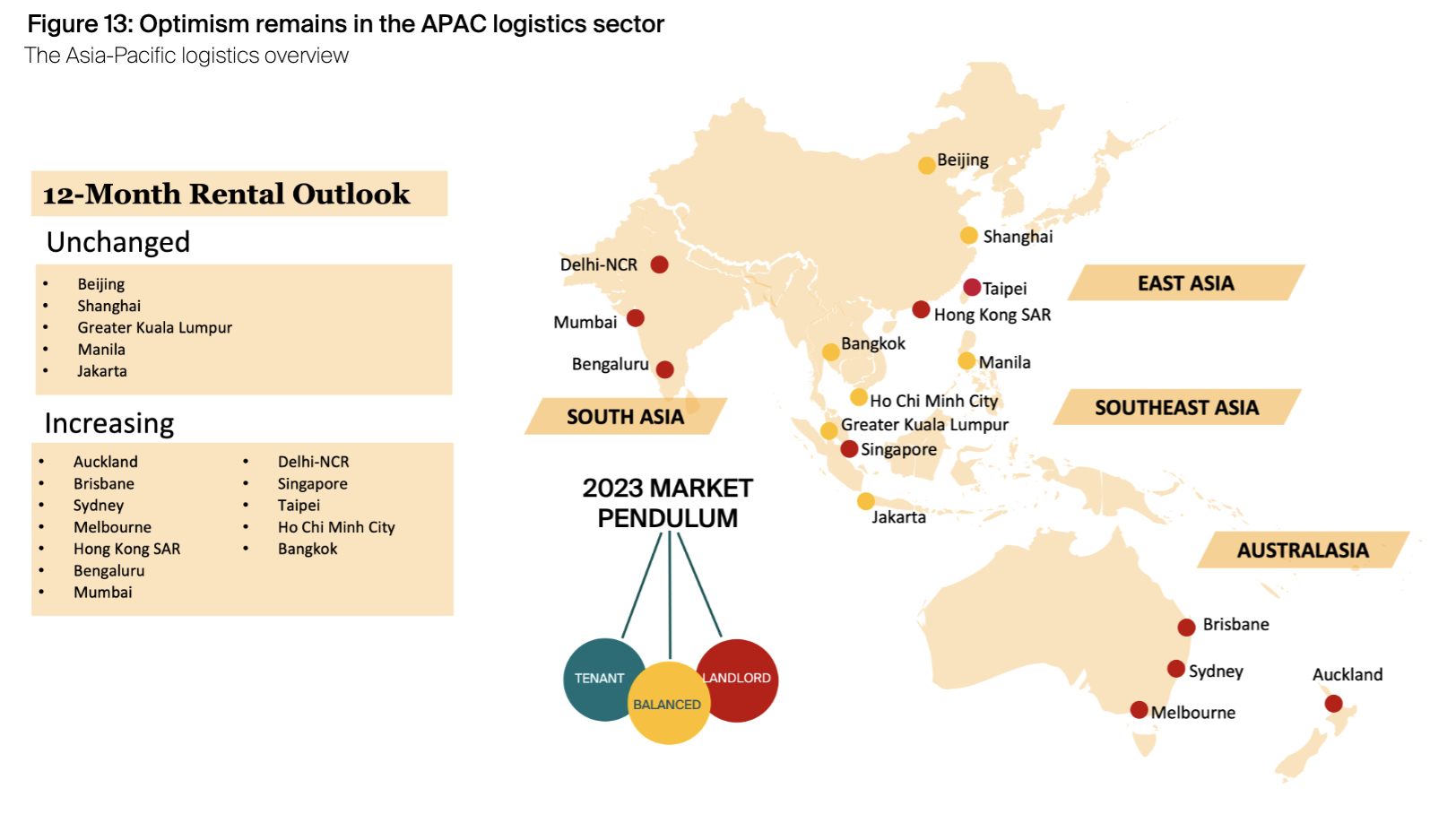
Rent in logistics warehouses across Asia-Pacific is expected to moderate in 2023, according to Knight Frank, as supply chains begin to normalise and demand remains tempered.
In its Asia-Pacific Outlook for 2023, the independent global property consultancy firm noted that the rental outlook in five (Beijing, Shanghai, Greater Kuala Lumpur, Manila and Jakarta) of the 17 cities it tracked would remain unchanged.
Meanwhile, an increased rental is expected in the other 12 cities that Knight Frank monitors: Auckland, Brisbane, Sydney, Melbourne, Hong Kong SAR, Bengaluru, Mumbai, Delhi NCR, Singapore, Taipei, Ho Chi Minh City and Bangkok.
"As headwinds brew into 2023, market fundamentals will render a general balanced logistics market in Asia Pacific, with rental growth set to moderate compared to the past two years," Knight Frank said.
It added that Australia is expected to have the highest rent growth (12.0%), Ho Chi Minh City will have the tightest vacancy (1%) and India is seen to have the highest supply growth (2.8 sqm).

The independent global property consultancy firm noted that with slightly over 8 million sqm of incoming supply, coupled with 'weakening expansionary demand,' vacancies in the region will likely increase marginally, Knight Frank said.
However, it added that pipeline supply constraints in markets like Sydney, Hong Kong and Ho Chi Minh City might cushion the drop in vacancies.
"On the other hand, recent shipping patterns imply that supply chains are beginning to normalise, alleviating some pressure on demand and rent", the global property consultancy firm.
"Nevertheless, higher borrowing costs accompanied with looming recession fears due to the aggressive interest hikes could result in a more cost-conscious business environment," Knight Frank added, noting that occupiers who adopted the 'just-in-case' approach will possibly reassess their portfolio to consolidate the amount of space they require to minimise CAPEX as consumers scale back on their purchases and consume more services instead of goods.
"Companies in Asia-Pacific are also reassessing their requirements for logistics spaces and revising plans to concentrate on nearshoring, given the prolonged supply-chain issues and decoupling from the Chinese Mainland," it said.
"Much of the recovery in this sector depends on Chinese Mainland's capability to reign as a trade powerhouse and maintain continuous activity in its factories and ports on top of stringent COVID policies," the global property consultancy firm added, explaining that to avoid further complications in supply chains, businesses are continuing to leverage on the "China Plus One" strategy and diversify production into other markets.

Source: Knight-Frank
Nonetheless, Knight Frank said that optimism remains in the APAC logistics sector as it noted e-commerce and life science driving the demand in the region.
The global property consultancy firm noted life science as an "emerging bright spot" for the region as fundamentals for the logistics sector in Asia-Pacific have yet to be as well-established as the US or Europe — leading to an acute shortage of modern facilities and fierce competition.
"Investment into healthcare has risen due to post-pandemic behavioural changes, leading to much potential yet to be unleashed for the nascent life science sector in Asia-Pacific. From research and development (R&D), manufacturing facilities to pharmaceutical logistics, every aspect of this sector requires more space," Knight-Frank added.
In terms of e-commerce, Tim Armstrong, global head of Occupier Strategy and Solutions, said despite the general lull in demand — the outlook for the e-commerce sector in the region remains positive.
"Although e-commerce demand is normalising, the outlook for Asia-Pacific's logistics markets remains upbeat, with sustained leasing demand to support occupancy levels and milder rent growth. We see the more moderate rental increase in a positive light, which is more aligned to fundamentals in a post-COVID landscape," Armstrong said.
"We expect dynamics to remain compelling, as demand will remain robust in the manufacturing hubs, supported by 'China Plus One' strategies as well as the continued structural shortage of prime logistic assets in the region."
"While just-incase strategies could wind down as supply chain disruptions ease, the development of resilience and diversification in supply chains is also unlikely to be fully reversed," Armstrong further said.



